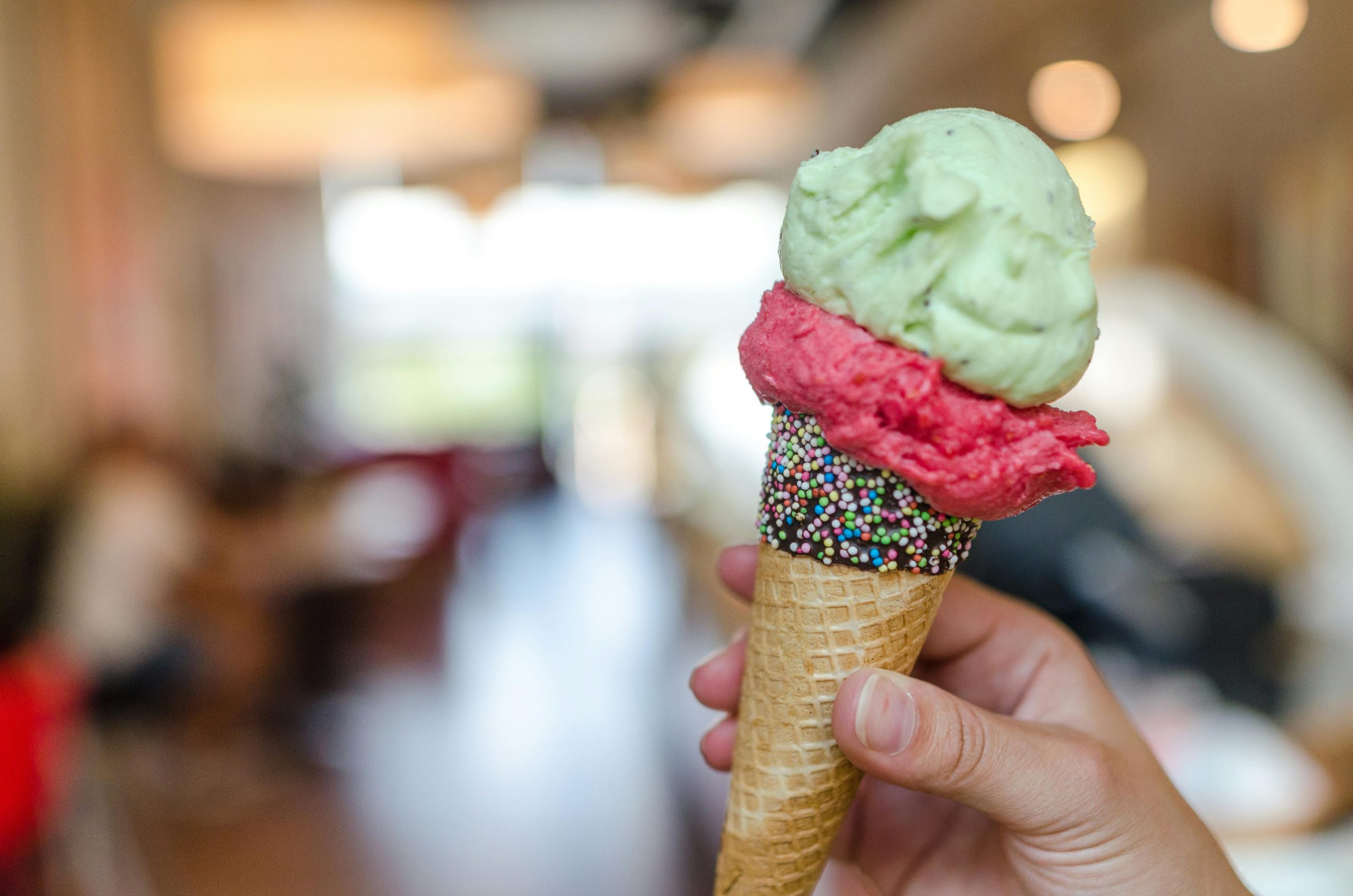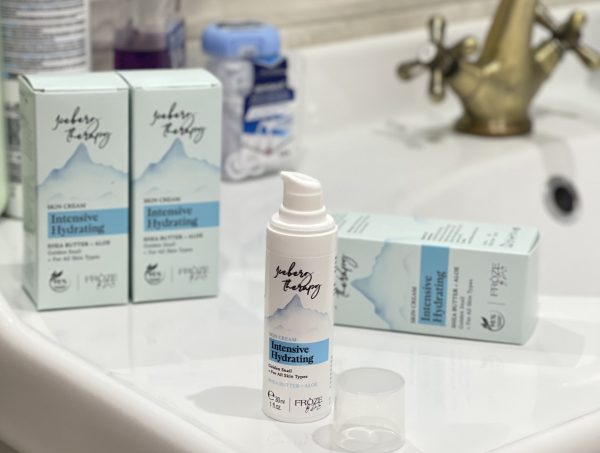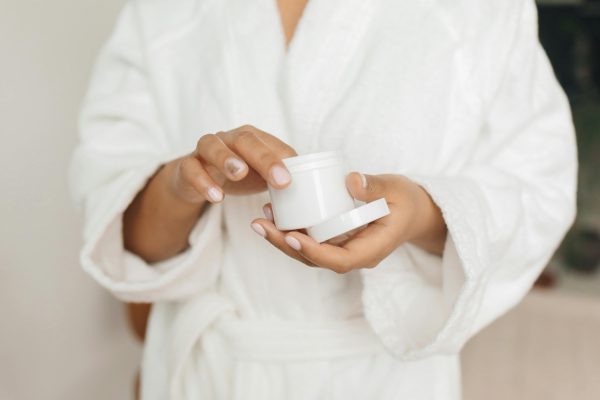Sugar is found in delicious hot or cold drinks, baked goods, and desserts. It provides the body, especially the brain, with glucose, an essential source of energy. However, it is also a hidden enemy of health and beauty. Let’s take a closer look.

How Does Sugar Affect the Skin of Healthy People
Let’s examine how sugar impacts the skin:
- Inflammation and Acne: Sugar triggers the production of harmful bacteria and sebum. The immune response to these factors leads to pustules, pimples, redness, irritation, and even painful acne that can cover significant areas of the skin.
- Aging: Sugar blocks collagen production, a protein responsible for skin firmness and elasticity. This results in sagging and wrinkled skin.
- Pigmentation: Sugar increases insulin levels, which stimulate melanin production. This can cause the appearance of pigment spots on the skin.
- Dryness: Sugar draws moisture from skin cells, making the skin dull and dehydrated.
Even healthy individuals can suffer from these symptoms. Let’s explore how this happens.
The body of a person without a diabetes diagnosis or elevated blood sugar levels reacts to sugar moderately, typically without breakouts or irritation. After consuming sweets, blood glucose levels rise but quickly return to normal due to insulin’s action.
Insulin is a hormone that helps glucose enter cells, where it is used as energy. In healthy individuals, cells are sensitive to insulin, whereas in diabetics, they are not.
The skin of healthy individuals usually looks fresh, firm, and elastic. It is well-hydrated and has a healthy tone. However, excessive consumption of sweets can lead to breakouts, acne, and pimples. Dry, red spots on the skin often appear around the mouth or chin. Taking a break from sweets can alleviate these symptoms.
It is important to remember that unhealthy eating, lack of physical activity, and excess weight can increase the risk of developing type II diabetes.
Skin Problems in Diabetics
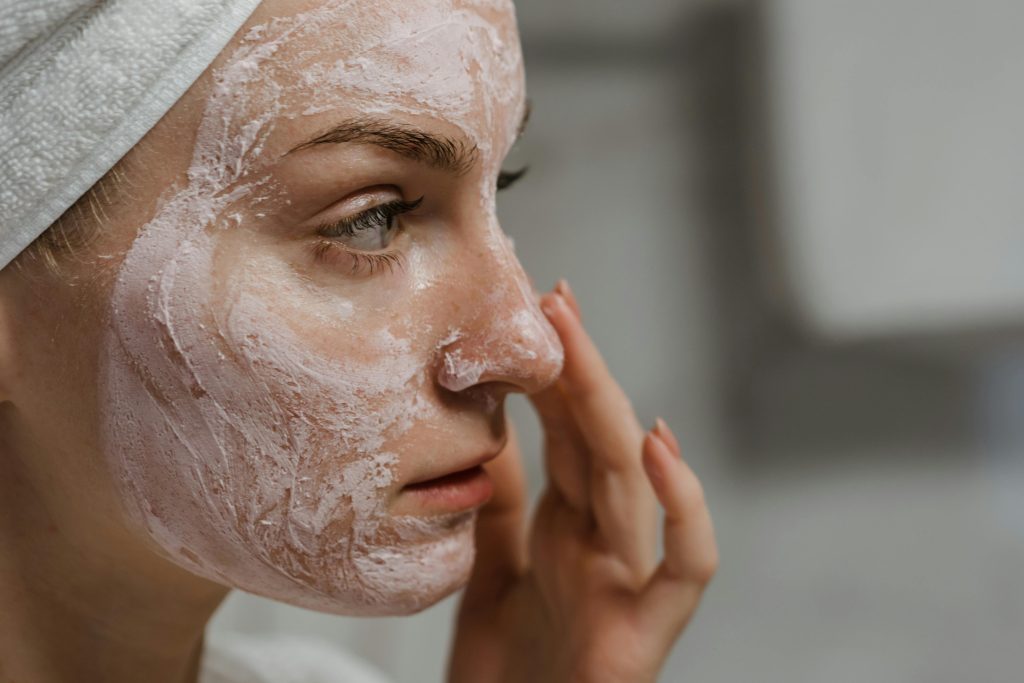
For people with diabetes, the situation is different. Their bodies either do not produce enough insulin or cannot use it effectively, leading to elevated blood glucose levels. As a result, their skin becomes dry, thin, and prone to irritation, as well as more susceptible to infections.
Diabetics may experience the following conditions:
- Neuropathy: Nerve damage that affects skin sensitivity.
- Circulation Problems in the Legs: Poor circulation.
- Dermopathy: Brown or dark-brown spots on the skin of the shins, forearms, and abdomen.
- Itching: Caused by dry skin or fungal infections.
- Delayed Wound Healing: High blood sugar can damage blood vessels, making it harder for oxygen and nutrients to reach the wound.
- Fungal Infections
- Acanthosis Nigricans: Characterized by dark, velvety patches on the skin of the neck, armpits, groin, and elbows.
- Papillonecrosis: A rare condition involving the appearance of red, painful nodules on the skin.
Caring for Skin is Essential. Proper skin care is a critical part of self-care for diabetics. Without proper attention to your skin, serious complications can develop, including the risk of skin cancer.
Secrets of Skin Care
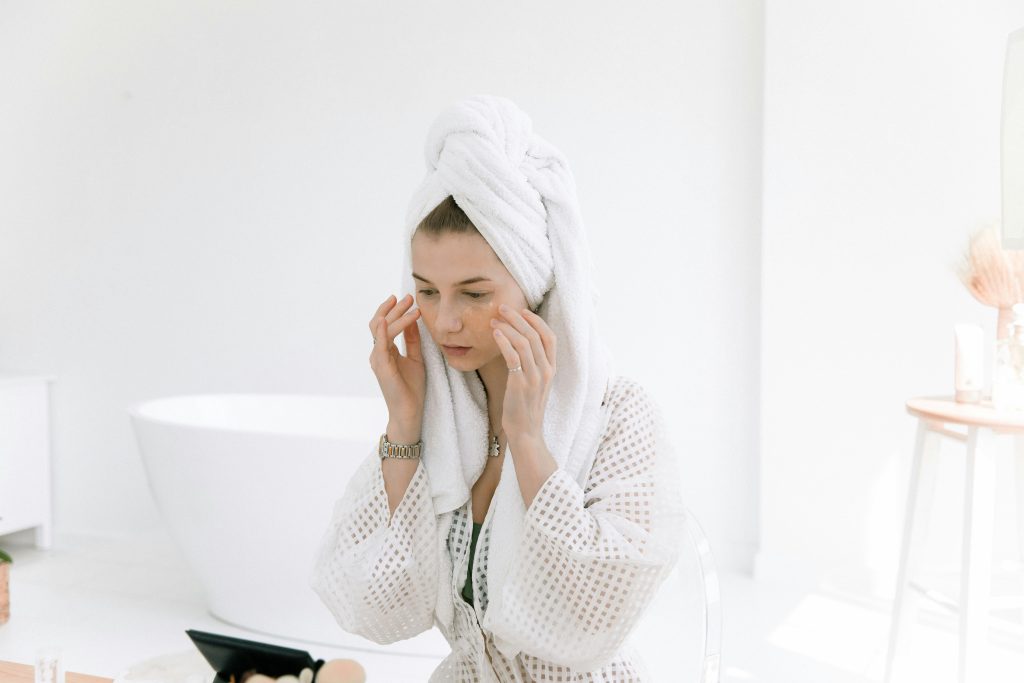
A proper approach to skincare can help prevent problems caused by sugar consumption and maintain skin health. Here are some recommendations:
- Use gentle cleansers: Cleanse your skin regularly with gentle, chemical-free cleansers to remove excess oil and dirt without damaging your skin.
- Moisturizing creams: Choose products containing hyaluronic acid and glycerin to prevent dryness and support the skin barrier functions.
- Sunscreen: Apply sunscreen with an SPF of at least 30, especially important for diabetics due to increased sensitivity to sunlight.
- Winter protection: In cold weather, use moisturizing products to shield the skin from frost and wind.
- Limit sugar and fast carbs: Reducing sugar intake can lower the risk of breakouts and improve overall skin health.
- Regular check-ups: Consult a specialist regularly for professional advice and early detection of potential issues.
- Manage stress: Stress can worsen skin conditions, so practice relaxation techniques to stay calm and balanced.
- Treat cuts and abrasions promptly: Use antiseptics immediately on any cuts or scrapes to prevent complications.
By following these recommendations, you can significantly improve skin health and prevent potential problems.
Helpful Tips
Skincare for people sensitive to sugar requires special attention. Here are some general recommendations to help minimize problems associated with sugar:
Nutrition
- Include fruits and vegetables in your diet. They are rich in vitamins and antioxidants.
- Consume fish, nuts, and seeds. These foods contain omega-3 fatty acids that support skin health.
- Limit sweets and fast carbohydrates to prevent breakouts.
- Replace sugary drinks with water, fruits, or herbal tea.

Lifestyle
- Engage in regular physical activity to improve circulation and overall skin health.
- Practice meditation or yoga to reduce stress levels, which can worsen skin conditions.
- Avoid harmful habits.
- Maintain a healthy circadian rhythm and get enough sleep.
Cosmetics
- Choose hypoallergenic cosmetics to minimize the risk of allergic reactions.
- Use products with SPF 30 or higher to protect against UV rays.
- Protect your skin in winter just as you do in summer.
- Select creams, toners, and masks according to your skin type.
Clothing
- Opt for natural fabrics such as cotton, linen, or bamboo to avoid skin irritation.
- In cold weather, wear warm clothing to prevent your skin from freezing.
- In summer, wear light, breathable fabrics that absorb sweat and prevent heat rash.
Consult a Specialist
- Regularly monitor your blood glucose to manage sugar levels and prevent complications.
- Follow your specialist’s recommendations.
- Seek professional help if any skin problems arise.
By following these tips, you can maintain your skin healthy and prevent potential issues. Take care of yourself!
